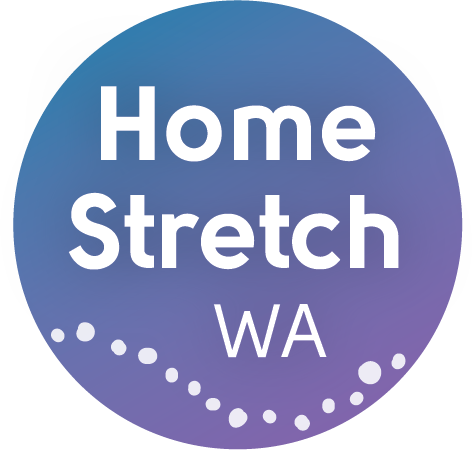Aboriginal Community Controlled Organisation
Aboriginal Community
Controlled Organisation (ACCO)
Truth Telling
Truth-telling is central to Aboriginal ways of working, as it fosters trust, healing, and
reconciliation within communities. For many Aboriginal cultures, truth is not just
about factual accuracy but also about honoring stories, histories, and experiences
that have been passed down through generations.
This practice helps to acknowledge the lived realities of Aboriginal people, particularly in relation to the trauma caused by colonization, dispossession, and cultural disruption. Truth-telling creates a space for shared understanding, allowing both individuals and communities to confront difficult pasts while empowering them to move forward. It is a form of respect that upholds the integrity of Aboriginal knowledge, strengthens cultural identity, and promotes justice by ensuring that the voices of Aboriginal people are heard, valued, and included in decision-making processes.
In the context of Home Stretch WA, truth-telling is a crucial practice for
acknowledging and addressing the historical and ongoing impacts of systemic injustice faced by Aboriginal young people transitioning from care.
The program works to support young Aboriginal people, many of whom have experienced separation from family and culture, in their transition to independent living. Truthtelling in this context involves creating safe spaces where these young people can share their stories, reclaim their cultural identity, and have their lived experiences validated. It is an essential part of the healing process, as it provides an opportunity for communities, service providers, and policymakers to confront the reality of past and present harms and work toward systemic change. Truth-telling ensures that the voices of Aboriginal youth are heard, their histories are respected, and their needs
are addressed in ways that are culturally appropriate and empowering.
One major challenge we face is balancing crisis management with the need to build cultural connections. As transition coaches, we’re caught up in the daily crises—domestic violence, drug addiction, homelessness, and crime. With 12 young people on a caseload, it’s overwhelming. If three of them are homeless, for example, that becomes the immediate focus, leaving little time for other activities. Housing is particularly difficult. Sometimes we have no choice but to place an 18-year-old in environments like Beacon, where they’re living alongside older people with severe issues, including addiction and criminal histories. It’s not ideal, but sometimes it’s all we’ve got.
"Some young people may not want to reconnect with their culture because it’s tied to pain or trauma. Culture isn’t just about ceremonies—it’s also about language, history, and identity. Acknowledging that some young people may not want to reconnect due to painful past experiences is part of understanding their journey and respecting their choices. I aim to plant seeds while letting the young person navigate their own journey."

Home Starch Acco Audio
Acknowledgement
The Home Stretch WA – Community of Practice would like to Acknowledge the Traditional Custodians of the land on which we use. We would like to pay our respects to our Elders past, present and emerging. We are privileged to be a part of the longest living culture in the world.
Quick Links
FOR MORE



